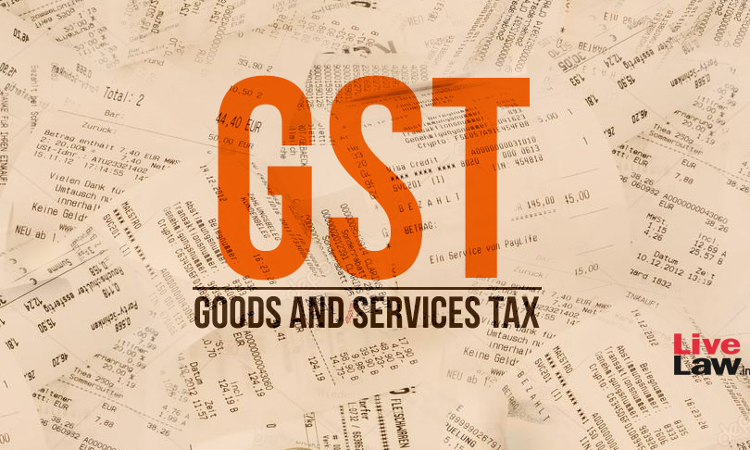GST Authorities' Power Of Arrest Under CGST Act Prima Facie Constitutional : Delhi High Court
Radhika Roy
13 Jan 2021 10:29 AM IST

Next Story
13 Jan 2021 10:29 AM IST
The Delhi High Court has expressed a prima facie view to uphold Sections 69 and 132 of the Central Goods and Service Tax (CGST) Act provision which gives the authorities the power to arrest any person if there exists a "reason to believe" that the person has committed tax evasion.A Division Bench of Justices Manmohan Singh and Sanjeev Narula was hearing a plea preferred by a man and a...
